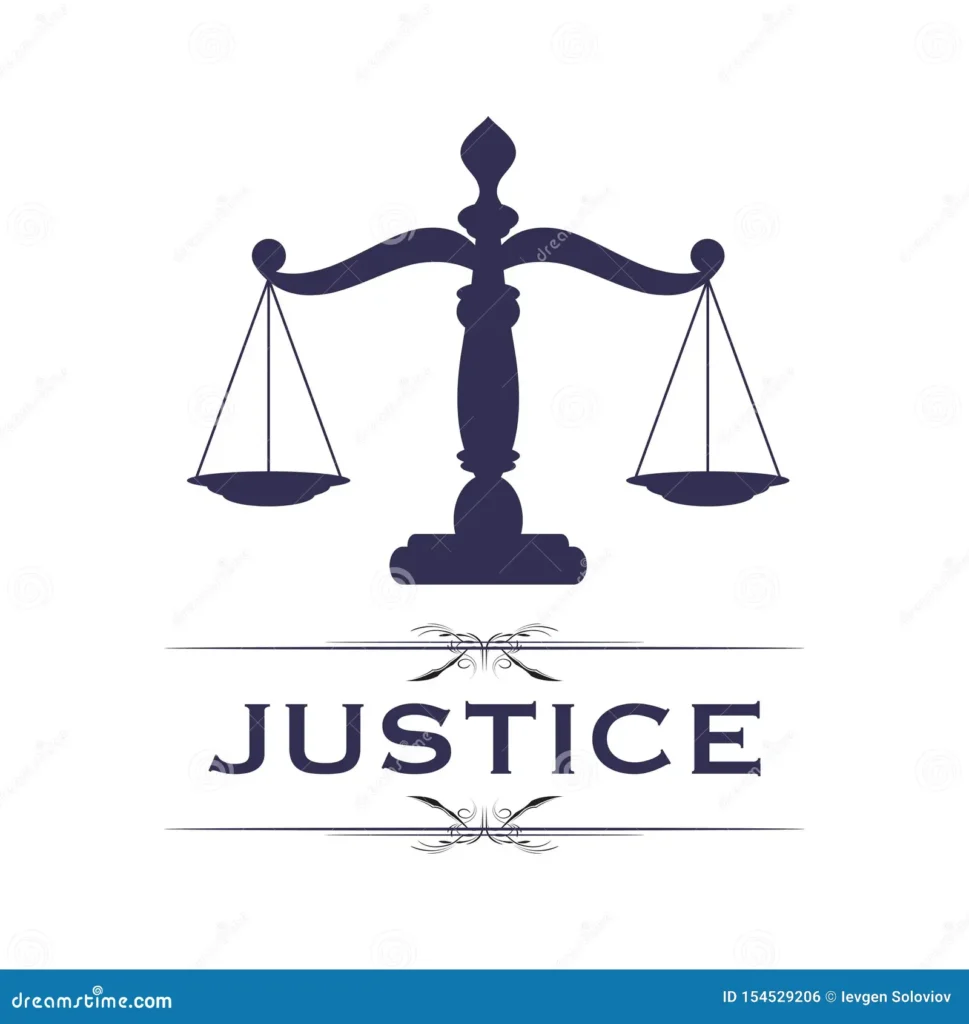The ongoing legal battle involving the Congress for Democratic Change (CDC) and the estates of Martha Stubblefield Bernard and William Thomas Bernard has now escalated to the nation’s highest court, where Associate Justice Yamie Quiqui Gbeisay has issued a stay order, pausing the proceedings.
With the Supreme Court’s involvement and an upcoming conference on October 18, the public is keenly watching how the judiciary will handle this politically sensitive matter.
For nearly two decades, the CDC has occupied the disputed property, which served as the party’s headquarters.
The recent writ of possession in favor of Martha Stubblefield Bernard and the eviction of CDC brings to light an awkward truth: the clash between law and politics.
Some believe that the ruling Unity Party might be influencing the eviction of its major rival, while others have seen it from a legal lens.
However, the law must always remain above politics.
At DN News Liberia, we believe the judiciary’s role is to uphold the rule of law with fairness and integrity. This ongoing case is an opportunity to reaffirm the principle that no entity—political or otherwise—is above the law.
The CDC’s petition for a writ of mandamus, aimed at overturning Judge Elliott’s order, raises questions about the balance between legal procedures and political influence.
While the CDC has its grievances, it is essential for all parties to respect the legal process. The court’s ruling, whichever way it goes, must be accepted as part of our democratic values.
The upcoming conference is pivotal, not just for the CDC, but for the integrity of Liberia’s courts. Justice Gbeisay and his colleagues are tasked with ensuring that their decisions are based solely on the law and not influenced by political pressure.
DN News Liberia urges all parties involved, particularly the CDC, to approach this matter with respect for due process and the legal authority of the courts. The rule of law is what ensures peace and stability in any democratic society.


